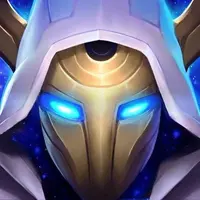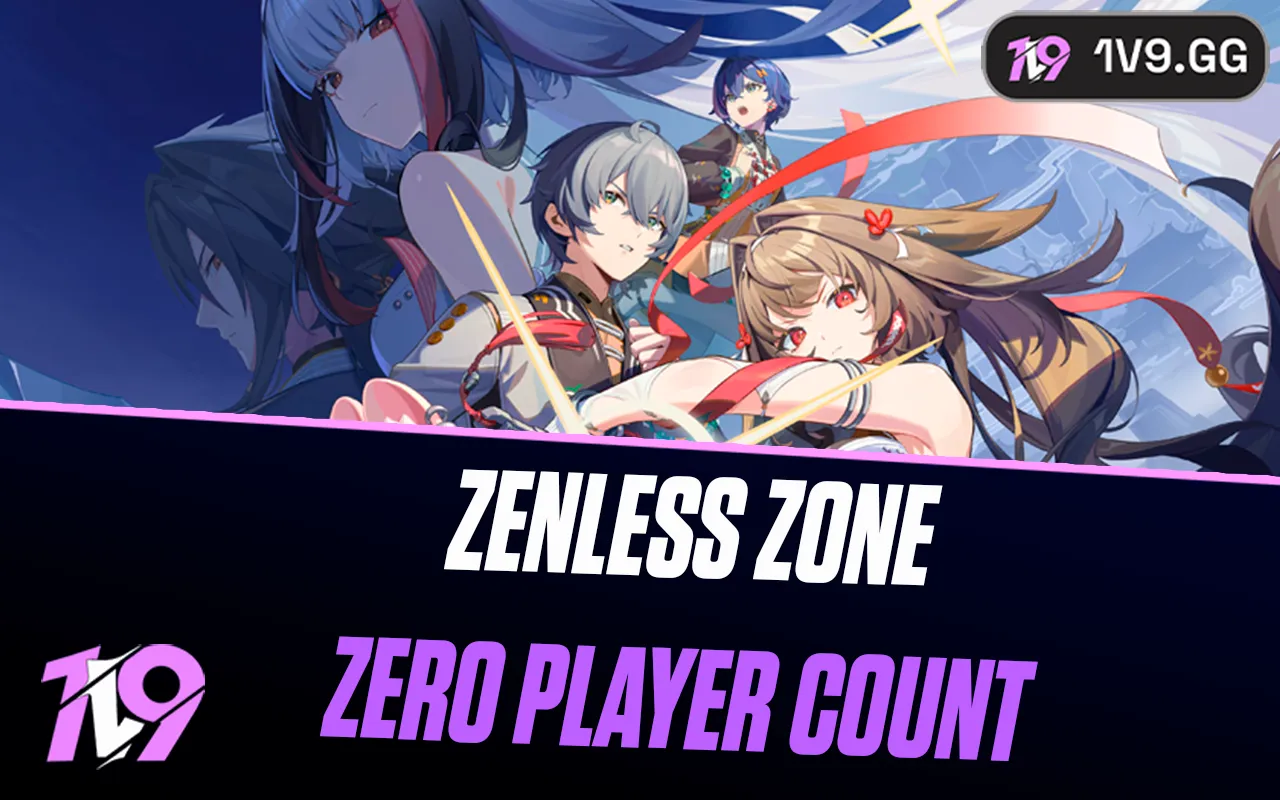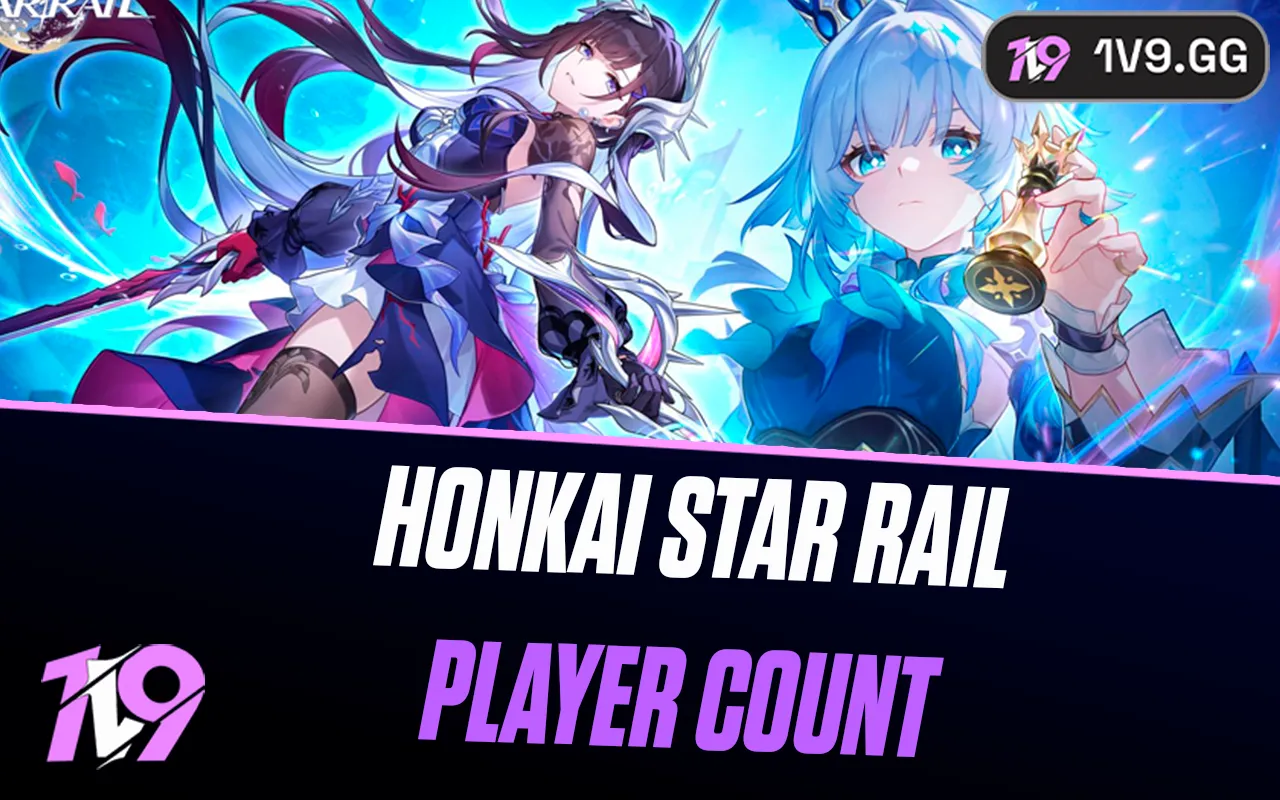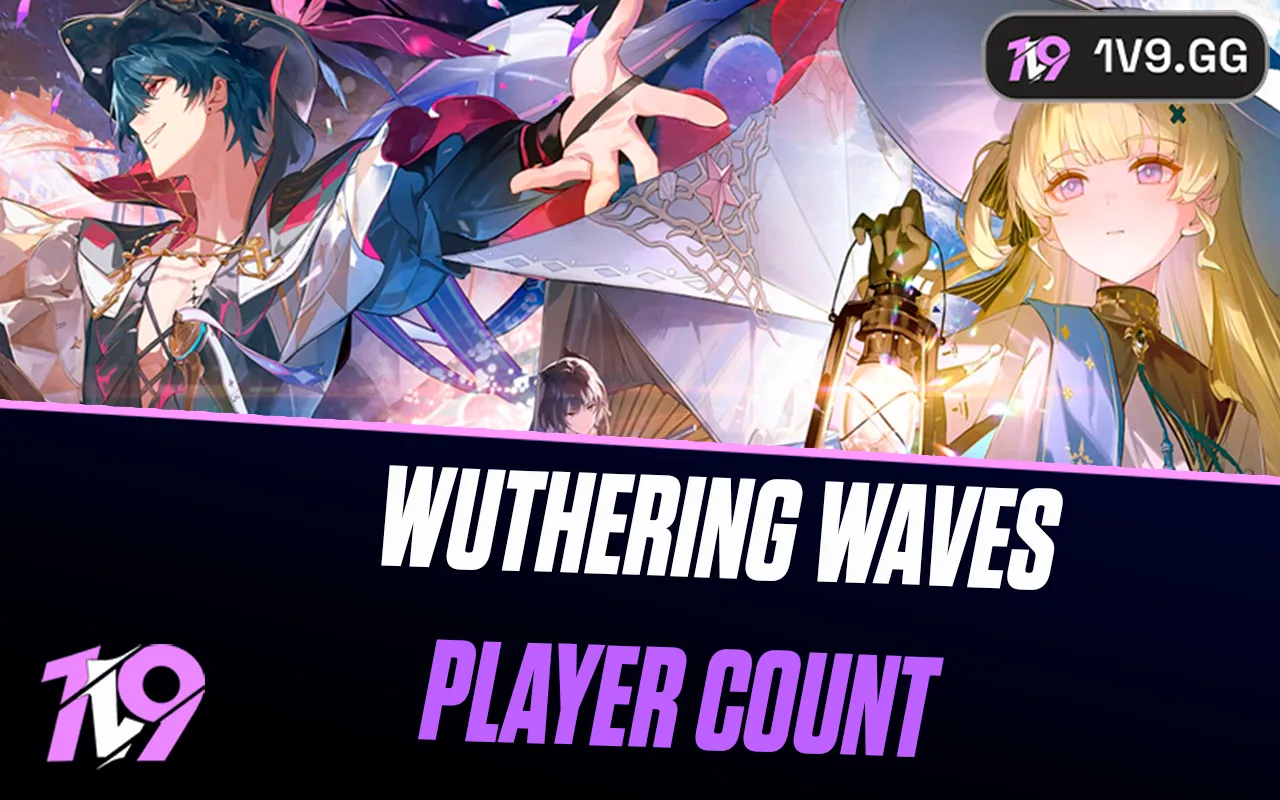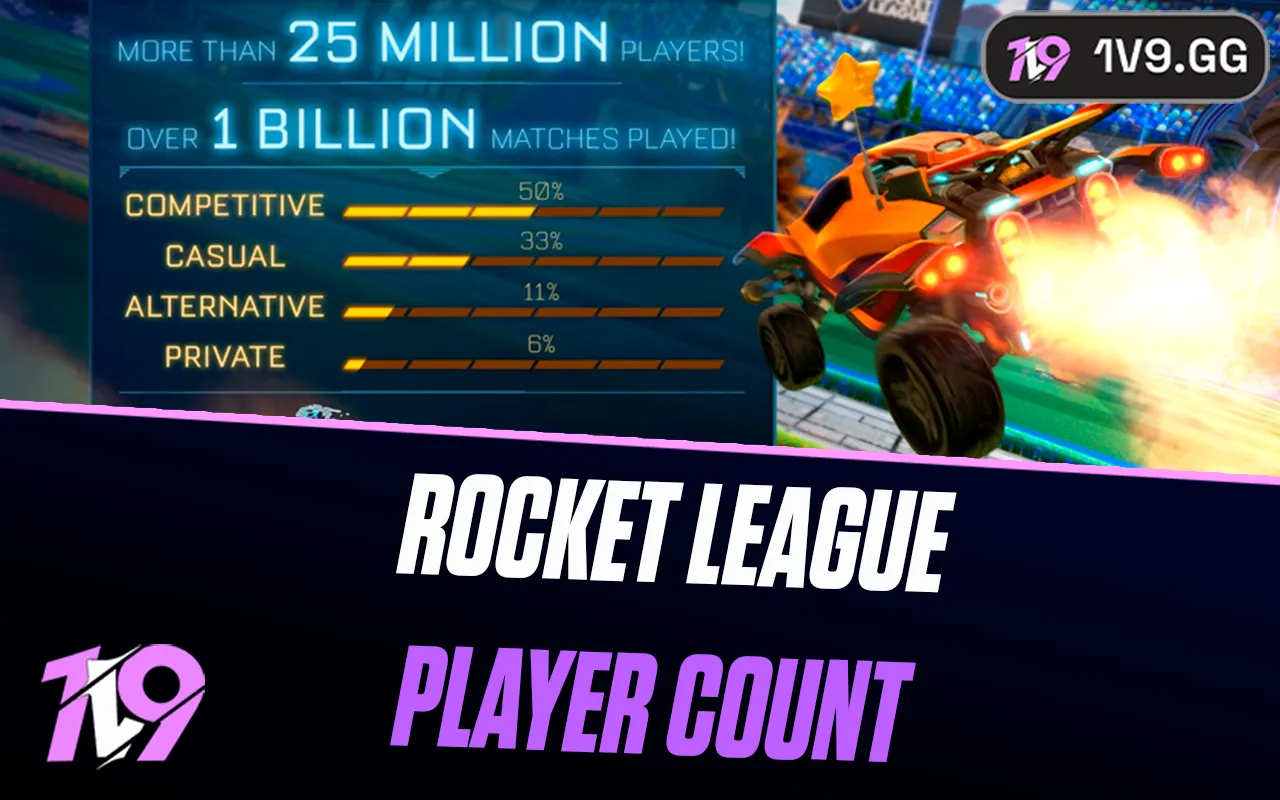- Home
Games
 League of Legends
League of Legends Valorant
Valorant-a6d5b3e156bb.webp) Fortnite
Fortnite Call of Duty
Call of Duty Clash of Clans
Clash of Clans GTA 5
GTA 5 Counter-Strike 2
Counter-Strike 2 Roblox
Roblox Rainbow Six Siege
Rainbow Six Siege Clash Royale
Clash Royale Minecraft
Minecraft Dota 2
Dota 2 Rocket League
Rocket League Genshin Impact
Genshin Impact Squad Busters
Squad Busters Rust
Rust Apex Legends
Apex Legends Pokemon Go
Pokemon Go XDefiant
XDefiant Hay Day
Hay Day LoL: Wild Rift
LoL: Wild Rift Diablo 4
Diablo 4 World of Warcraft
World of Warcraft Destiny 2
Destiny 2 FC 25
FC 25 Marvel Rivals
Marvel Rivals-9ede9dc6b01b.webp) PUBG Mobile
PUBG Mobile The Finals
The Finals Deadlock
Deadlock Forza Horizon 5
Forza Horizon 5 Growtopia
Growtopia Honkai: Star Rail
Honkai: Star Rail 8 Ball Pool
8 Ball Pool Warframe
Warframe Zenless Zone Zero
Zenless Zone Zero Runescape 3
Runescape 3 Path of Exile
Path of Exile Raid: Shadow Legends
Raid: Shadow Legends Lost Ark
Lost Ark WoW: Classic Era
WoW: Classic Era Summoners War
Summoners War WoW: Season of Discovery
WoW: Season of Discovery WoW Cataclysm
WoW Cataclysm WoW: Hardcore
WoW: Hardcore Throne and Liberty
Throne and Liberty New World
New World Mobile Legends
Mobile Legends Escape From Tarkov
Escape From Tarkov Path of Exile 2
Path of Exile 2 Blade Ball
Blade Ball Fisch
Fisch Pet Simulator 99
Pet Simulator 99 Pets Go
Pets Go-d8bcef7708c7.webp) One Piece Bounty
One Piece Bounty Anime Adventures
Anime Adventures Blox Fruits
Blox Fruits Adopt Me
Adopt Me Murder Mystery 2
Murder Mystery 2 Fragpunk
Fragpunk Wuthering Waves
Wuthering Waves Free Fire
Free Fire Teamfight Tactics
Teamfight Tactics Albion Online
Albion Online Black Desert Online
Black Desert Online Honor of Kings
Honor of Kings Brawl Stars
Brawl Stars Arena of Valor
Arena of Valor Call of Duty: Mobile
Call of Duty: Mobile Rematch
Rematch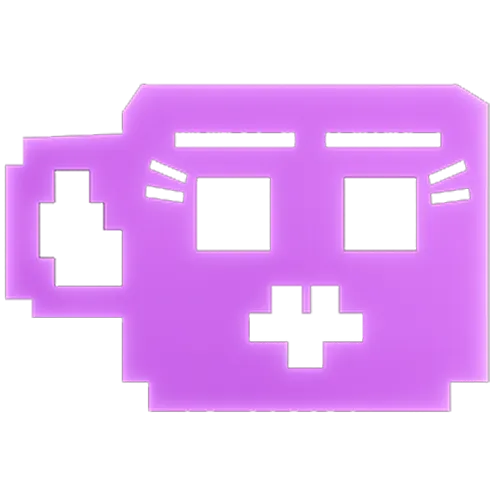 Steal a Brainrot
Steal a Brainrot Grow a Garden
Grow a Garden FC 26
FC 26 Plants vs Brainrots
Plants vs Brainrots Old School Runescape
Old School Runescape Overwatch
Overwatch Battlefield
Battlefield Arc Raiders
Arc Raiders Dragon Ball Legends
Dragon Ball Legends Fallout 76
Fallout 76 Jailbreak
Jailbreak Type Soul
Type Soul GPO
GPO DonutSMP
DonutSMP Escape Tsunami For Brainrots
Escape Tsunami For Brainrots Watcher of Realms
Watcher of Realms Roblox Rivals
Roblox Rivals- Lootboxes
- Become Affiliate
- Blog
- Contact Us
- Sign In
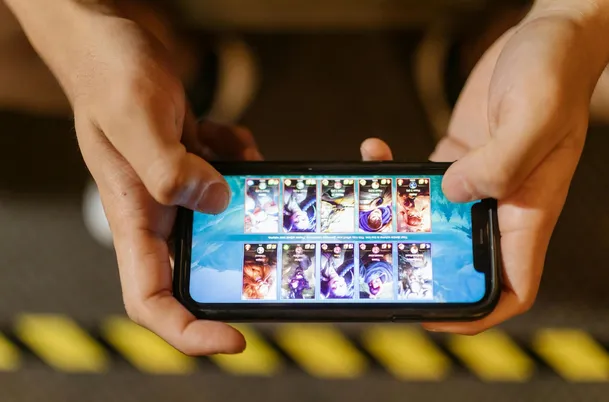
Card Games Based On LoL – What Players Can Take Away From Them
From Warcraft 3 to the first DotA made in its map editor to League of Legends, the road of creativity was a long and fruitful one. And it didn't end with League, as it too has been used as an inspiration for many games so far, and some yet to come. Card games based on the colorful hero rooster and rich lore are thrilling, offering challenge, strategy tests, and pacing to players. Not only that, but even more lessons can be had for those wishing to dive deeper.
Legends of Runeterra
Legends of Runeterra (LoR) is Riot's currently most polished card game, being the oldest. While other card games make decks around certain themes, LoR draws from LoL's universe and its regions like the frozen wastes of Freljord, the technological wonders and horrors of Piltover and Zaun, the militaristic Noxus, and others. Each region plays differently. One might reward aggression. Another punishes overextension with control tools.
Mana builds turn by turn, opening up tempo shifts. Some spells go off instantly, others wait, giving room for players to respond. The mechanics are built on the general principle from other card games that came before, and some classics like poker and blackjack. Good card games are a balance of chance and skill, which makes them appealing.
Traditional physical card games, collectible card formats, and their digital counterparts are all built on this tension. Reading opponents, calculating rough odds, and managing risk are just part of the toolkit of players that play at the home of online poker, and top-tier players know how to use that unpredictability to their advantage.
Casino games like Poker or Blackjack sharpen thinking around bluffing, probability, and psychological pressure. These lessons cross over. If you're playing a strategy-heavy card game, the same thought patterns, like anticipating the next draw, playing around possible counters, and folding when odds shift, still apply.
Demon’s Hand
More experimental, Demon’s Hand came wrapped inside the standard League of Legends client like a roguelike mini card game, part narrative, part challenge. You build hands to execute attacks, combining cards under limiting rules. Progression comes through Sigils, special augmentations that tweak effects, enabling deck evolution during a single run.
Unlike LoR, Demon’s Hand offers a compact burst of strategic pressure. You get fewer moves, but each one carries weight. There’s little time to overthink. Make a mistake, discard poorly, or misjudge a combination, and you're out. It hones fast decision-making. You learn from the pattern of your own bad choices, not just the opponent’s moves. And Demon’s Hand is still building its identity, as a fresh new IP from the LoL universe.
What Players Can Take Away From Such Card Gamers
Understanding Probability
Eventually, you stop thinking “I need this card next” and start thinking “I have a 1 in 12 chance of drawing it, what’s plan B?” The process of working around incomplete information refines how players assess scenarios. Even casual players start to feel the math.
Time Management And Pacing
Each LoL-based card game handles tempo differently. Legends of Runeterra rewards gradually escalating play. Demon’s Hand tightens that loop, forcing faster decisions. Riftbound will likely sit somewhere between, depending on the game format. But across all of them, timing matters more than it seems. Play something too early, and you get punished. Hold too long, and the window’s gone.

Lore And Role Play
These games aren’t detached from the LoL universe. They extend it. For some, that deepens immersion. When your deck’s win condition ties to a character you love, or if your beloved champion from the roster of support champions from League of Legends saves the game, every match feels more personal.
Casino Card Games Section: Contrast And Insights
Casino card games offer clarity. Every move has odds behind it, whether you're betting on a Blackjack hand or calling a raise in Poker. That predictability—oddly—can make them sharper teachers than some collectible card games. You learn to cut losses. You understand variance. You grasp when a play is worth it, even if it fails.
That mindset, cultivated through repetition, translates well into the more chaotic terrain of LoL card games. You stop tilting after bad draws. You get comfortable losing well. You see the long arc of improvement, not just the last match result. And maybe most important, you start spotting when someone else’s play is mathematically or strategically weak—even if it works.
Accessibility
For newcomers, these games can feel like drowning. There are phases, costs, regions, and effects. If you didn’t grow up with card games, it's a lot. Developers need good tutorials. Players need patience. Prebuilt decks and training matches help. Newer heroes like Cithria who will join the Rift can be simple to play and made for newcomers, lowering the entry bar they need to jump over.
Monetization And Pay-To-Win Risks
Card games that rely on boosters or rare cards bring danger. It’s easy to cross the line into pay-to-win. Some decks get locked behind expensive pulls. Players without them fall behind. Riot needs to balance accessibility with monetization. And players need to ask themselves when investing more stops being fun and starts being a necessity.
Conclusion
Card games based on League of Legends offer more than novelty. They train the mind, reward precision, and build strategic depth. For players willing to invest, they provide lasting tools—and unexpected lessons far beyond the screen.
Posted On: March 11th, 2024
Recent Articles
💬 Need help?
Our 1v9 support team is available 24/7 to help you with any questions or issues you may have.
support@1v9.gg
Loading...
1v9.gg is not endorsed or affiliated by any game developers or publishers.
2025 1v9, All Rights Reserved, Created By NightDev
